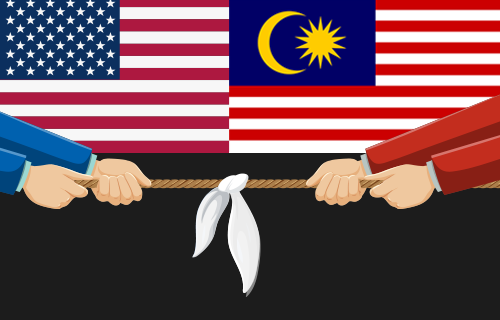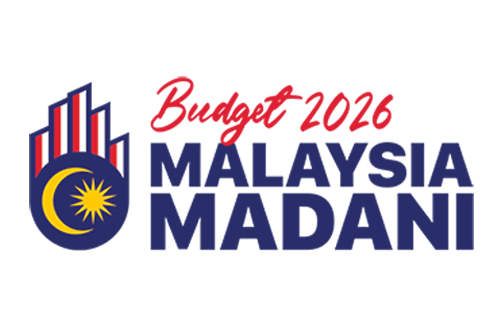Forging solidarity amidst rarity – IDEAS’ report calls for equitable reforms for rare disease patients and their caregivers

Kuala Lumpur, 20 October 2023: Today, the Institute for Democracy and Economic Affairs (IDEAS) Malaysia launched a policy report titled Solidarity Amidst Rarity: Reforms for Equitable and Sustainable Rare Disease Management. This report seeks to amplify the voices of rare disease patients in their pursuit of equitable access to quality healthcare.
With approximately 5,000 to 8,000 types of rare diseases in existence worldwide, effective treatments are available for fewer than 10% of them, reflecting the stark underrepresentation of rare diseases as a public health priority. In Malaysia, 40% of rare disease patients go untreated, painting the grim reality of rare disease treatment and management. This report adapts Levesque’s framework for a robust assessment of the gaps in rare disease management, examining healthcare access for rare disease from a two-fold perspective: the shortcomings and challenges faced by the healthcare system and the patients’ own capacity.
While some notable strides have been made in regards to rare disease diagnosis, the study shows that rare disease patients and their caregivers still face disproportionate challenges in navigating the patient pathway. Even at the preliminary stage of seeking healthcare, rare disease patients and caregivers are faced with a multitude of barriers that come into play, these being the lack of public awareness, limited knowledge among healthcare professionals, and a dearth of diagnostic facilities. This is also compounded by the fact that most healthcare facilities and expertise are concentrated within the Klang Valley, while those residing outside this central area are ultimately left in a healthcare ‘desert’.
Upon the recognition of specific healthcare needs, a different set of barriers—primarily associated with financial costs—arise which impede patients from utilising the necessary treatment. “Our current rare disease financing policy heavily relies on substantial out-of-pocket expenses and at times, ad-hoc government budget allocations. We need a more sustainable and innovative financing approach that not only encourages the development of orphan drugs for rare diseases but also ensures fair access while controlling costs,” says lead researcher of the report, Dr. Asrul Akmal Shafie who is the Professor of Pharmacoeconomics and Director of the Institutional Planning and Strategic Centre at Universiti Sains Malaysia (USM).
Rare disease patients and their caregivers often find themselves spending on diagnostic tests, treatments, materials, and supplements which are not covered by the Malaysian public healthcare system. The report underscores the need to enhance healthcare resource capacity in the short-term to expedite diagnosis and develop sustainable rare disease financing solutions that balances the orphan drugs market through regulatory incentives while ensuring affordability through risk sharing mechanisms. Beyond healthcare, the recognition of social protection schemes beyond medical considerations to provide comprehensive support that promotes the empowerment of individuals with rare diseases and their caregivers.
Having identified these gaps throughout the patient pathway, this report delineates the way forward for the Malaysian healthcare system through four holistic pillars of reform, stratified according to their complexities. Dr Tricia Yeoh, Chief Executive Officer of IDEAS Malaysia comments, “To date, the government has taken steps to tackle sustainable funding for rare diseases by setting up the Rare Disease Trust Fund. The report suggests the next steps which would include detailing the scope of this fund while ensuring the existing model clearly defines governance and ensures sustainability to address the unmet needs of rare disease treatment affordability.”
IDEAS Policy Paper No. 78, Solidarity Amidst Rarity: Reforms for Equitable and Sustainable Rare Disease Management can be downloaded from the IDEAS website HERE.
— END —
Download Media Statement PDF File Here
For enquiries, please contact:
Aira Azhari
Senior Manager
T: +603 2070 8881/8882 | E: aira@ideas.org.my

